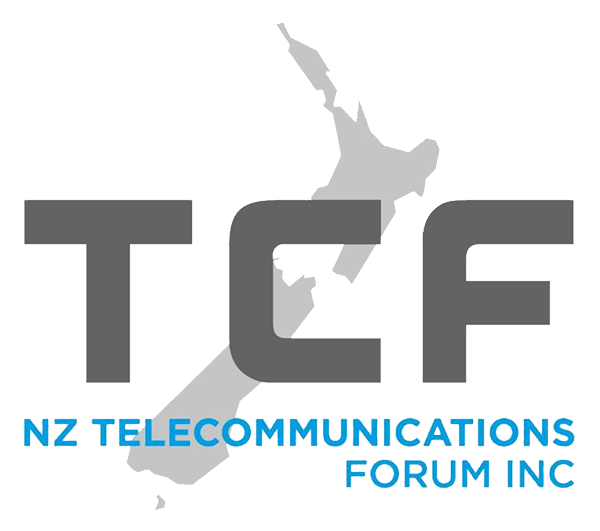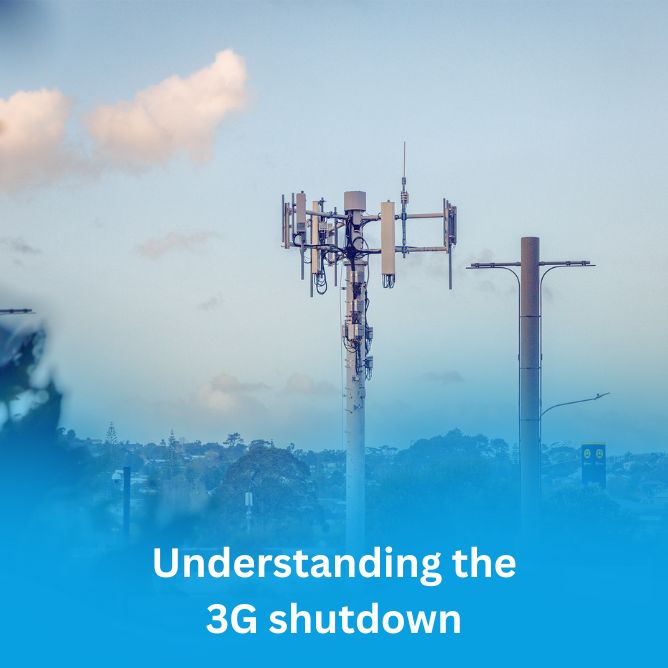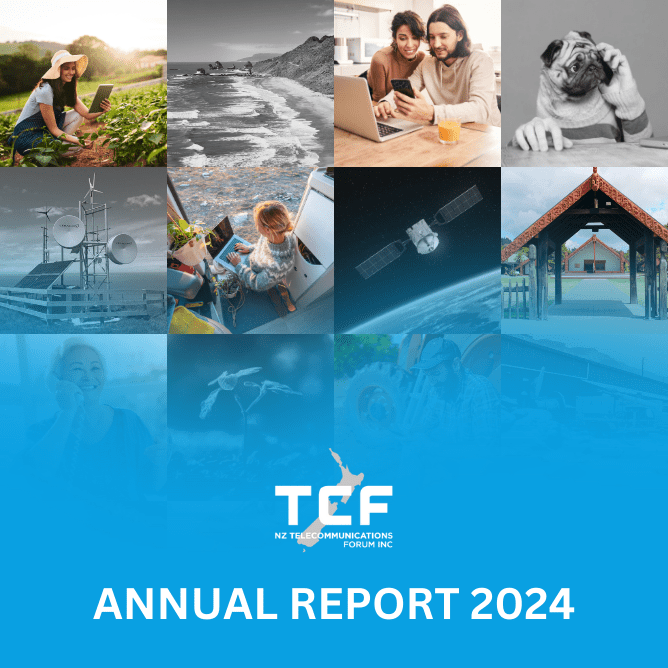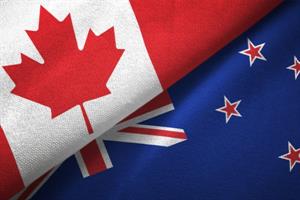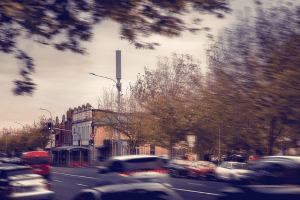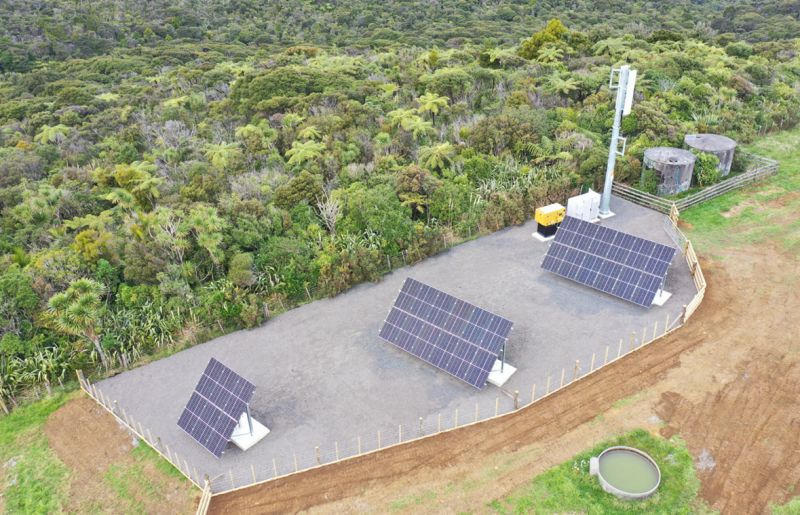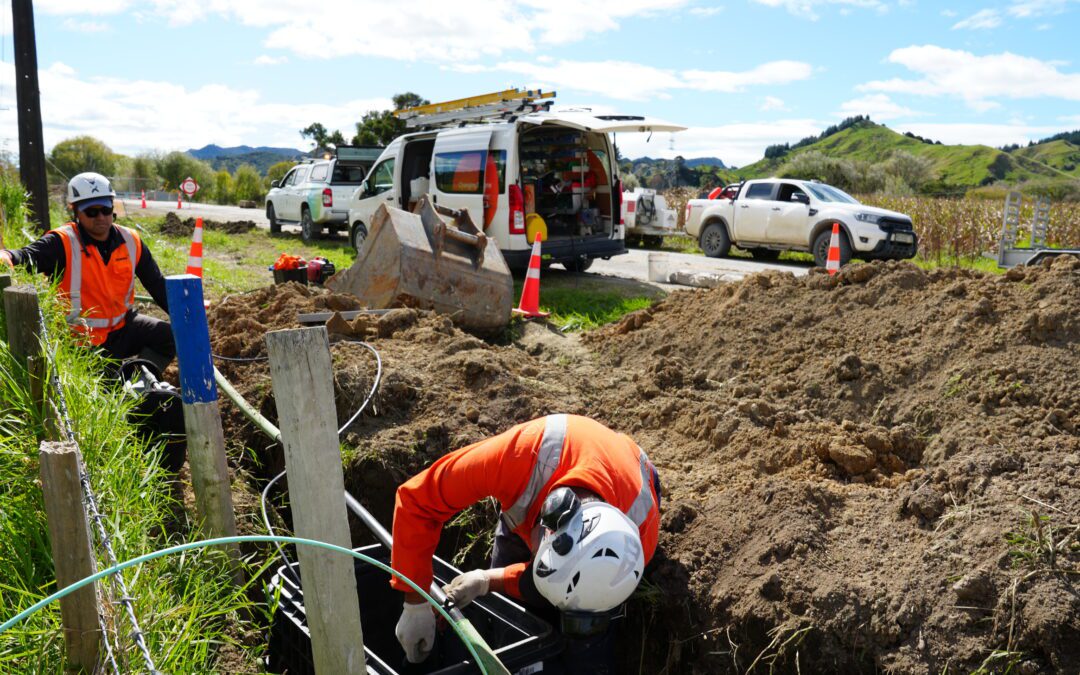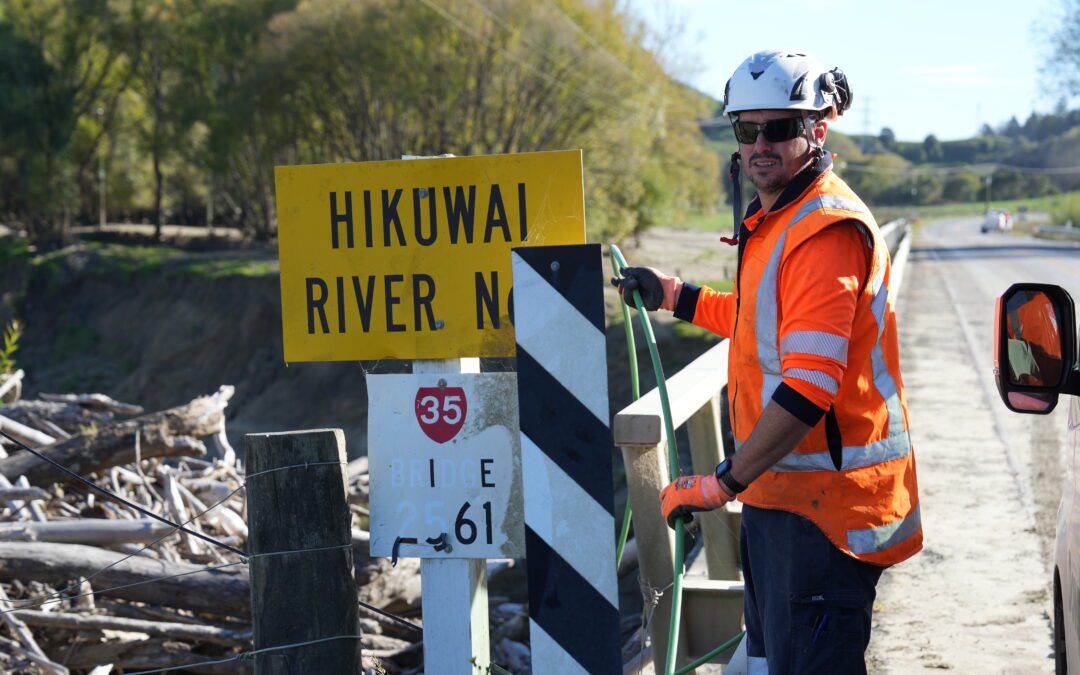I’ve just got back from a trip to Canada and have learned a few things while away.
Firstly, subways are great. We should definitely look at getting more people off the road and onto an alternate network. I say this as a driver and as a person who loves sitting watching the world around as someone else does the heavy lifting.
Second, Canada is also concerned with resilience and with ensuring networks remain operational even when (or especially) when disaster strikes. Rogers, the incumbent telco, is promising to spend $C20 billion on “network reliability” if the billboards at the airport are anything to go by.
Thirdly, mobile phone plans in Canada are outrageously expensive. My god, for $C30 a month you can have (wait for it) 500MB of data. My daughter is going to have to be scrupulous about her Instagram and TikTok use for the next few months.
A quick comparison with the billboards at Auckland Airport on my return would suggest a similar spend here will get you 2GB of data a month. Canadians pay more for both fixed and mobile service than just about any other nation in the OECD.
How did Canada end up in this situation?
I caught up with Peter Nowak, an old colleague from my tech journalism days who conveniently has ended up working for a telco wholesaler. He says prices around the world have fallen over the past decade, while in Canada they have remained high.
Part of the problem is a lack of competition coupled with a regulator who was happy to meet the head of Bell Canada at a pub in an off-the-books meeting that raised eyebrows to put it mildly.
Peter says the decision to walk back lowering the wholesale price meant retail providers were forced to put up prices and signaled the end of a competitive wholesale layer in the Canadian market.
That decision is now being reviewed, along with the overall structure of the Canadian telco market, after the appointment of a new regulator and some strong words from the Prime Minister.
Part of the problem is the Canadian telco market is highly intertwined with the content market with telcos owned by broadcasters and vice versa. Consequently, any attempt to regulate can bring out a lot of noise about impact on Canadian television and film industries – something that is of great concern when you consider which nation sits on the southern border. Here in New Zealand we’ve largely ignored the question of ensuring our own stories remain upper most in broadcasters’ minds – in Canada they would do so at their peril.
Peter and I caught up on how New Zealand has progressed since the dark days of the early 2000s when he was last paying attention out here.
As is my wont, I took great delight in updating him on how well the UFB project has gone and how my home internet connection costs $90 a month and gives me gigabit speeds and unlimited data. The wistful look he got in his eyes suggests that on this front at least, we’ve stolen a march on Canada at least. They might have poutine, racoons and ice hockey but we have a platform to build our economy on for the next 100 years.
